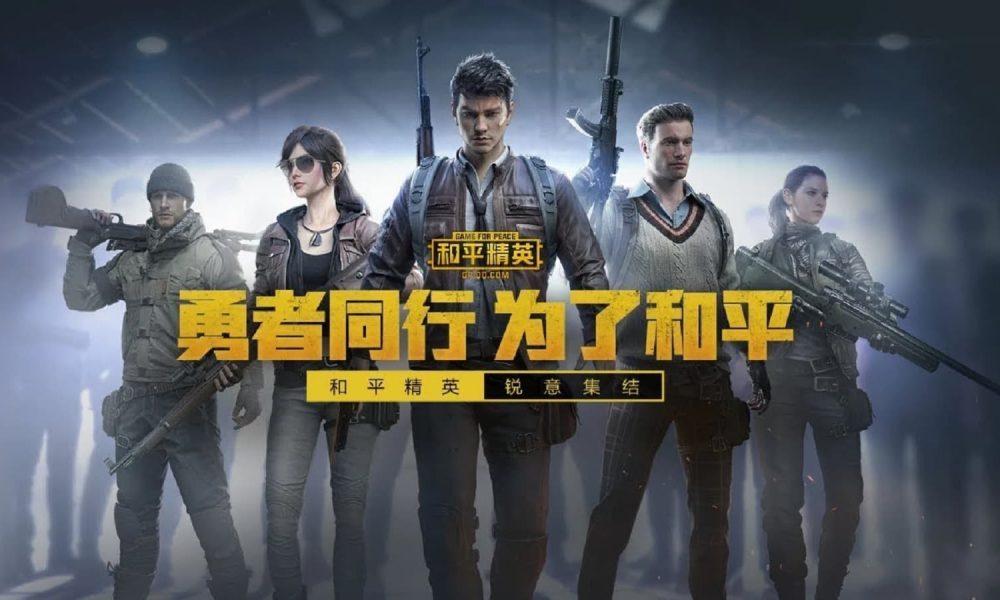Tencent recently closed its PUBG Mobile servers in mainland China, citing unprofitability and anti-gambling laws. To replace the popular game, the Chinese company announced that it would release Game for Peace. A reskin of PlayerUnknown’s Battlegrounds, this game is designed with the People’s Liberation Army Air Forces in mind. The game has an ESRB E10+ rating. This review will cover the game’s positives and negatives, as well as what it will do to remedy these issues.
Tencent’s new game is a military simulation
The developer of the famous Crysis game has reportedly expressed his fear that Tencent is trying to acquire his company. The Chinese company is seeking to acquire Crytek through its European subsidiary. Employees of the company are concerned that Tencent might use its CryEngine for spying purposes. Tencent has not responded to BILD’s inquiries. However, the company does have close ties to the Chinese Communist Party, and many of its acquisitions are in the West.
The new game, titled Homeland Dream, lets players control “Chinese” provinces and cities. The game is based on real-world policies adopted by Beijing and includes Hong Kong and Taiwan. The game is available on Android and Apple devices. The developers hope that this game will help people become more aware of anti-terrorism, which echoes their state-run media campaigns. Those who play the game will gain insights and skills in a realistic military simulation.
It has no microtransactions
If you’re looking for a PUBG mobile clone with no microtransactions, you’ve come to the right place. Tencent has just pulled the mobile version of PUBG off the market in China and has replaced it with Game for Peace, a similar shooting game with no microtransactions. This is a big deal for Chinese gamers since PUBG has been notorious for its blood, gore, and death.
The microtransaction-free nature of Game for Peace has caused a backlash among gamers. It hasn’t helped that the game was developed without the approval of the maker, Krafton. While the game hasn’t received a formal review from Beijing, it does have a solid reputation among gamers, and Tencent is trying to do more good with its technology. However, the two games share one major thing: they’re both online games, and PUBG was never given the green light to monetize.
It’s less violent than PUBG
While PUBG and Game for Peace are both wildly popular games, Game for Peace is less violent. The global version of PUBG features more blood and shooting, while Game for Peace does not. Instead, players will wave to one another after killing each other, and blood will only be visible on the player’s screen. The interface of Game for Peace is in Chinese, and players under 16 are advised to quit the game every three hours.
Another difference between PUBG and Game for Peace is the amount of violence. Game for Peace is much less violent, but the action does still involve a lot of fighting. In Game for Peace, your opponents will disappear once you die. Game for Peace also features easy-to-use controls and beautiful graphics. You can easily control your vehicle and loot from weapons. If you’re new to the game, you can even check out its demo video on Uptodown.
It’s more patriotism-focused
The PUBG Mobile-like Game for Peace is being promoted by its developers as a military skills competition game, and even claims to have enlisted the help of the Chinese air force’s recruitment center, a nod to the warriors of the Chinese air force. The iOS version of Game for Peace has already racked up over $14 million in player spending in its first three days. The game is remarkably similar to PUBG Mobile, with only superficial differences. However, it is a piece of Chinese propaganda, with a heightened focus on patriotism.
